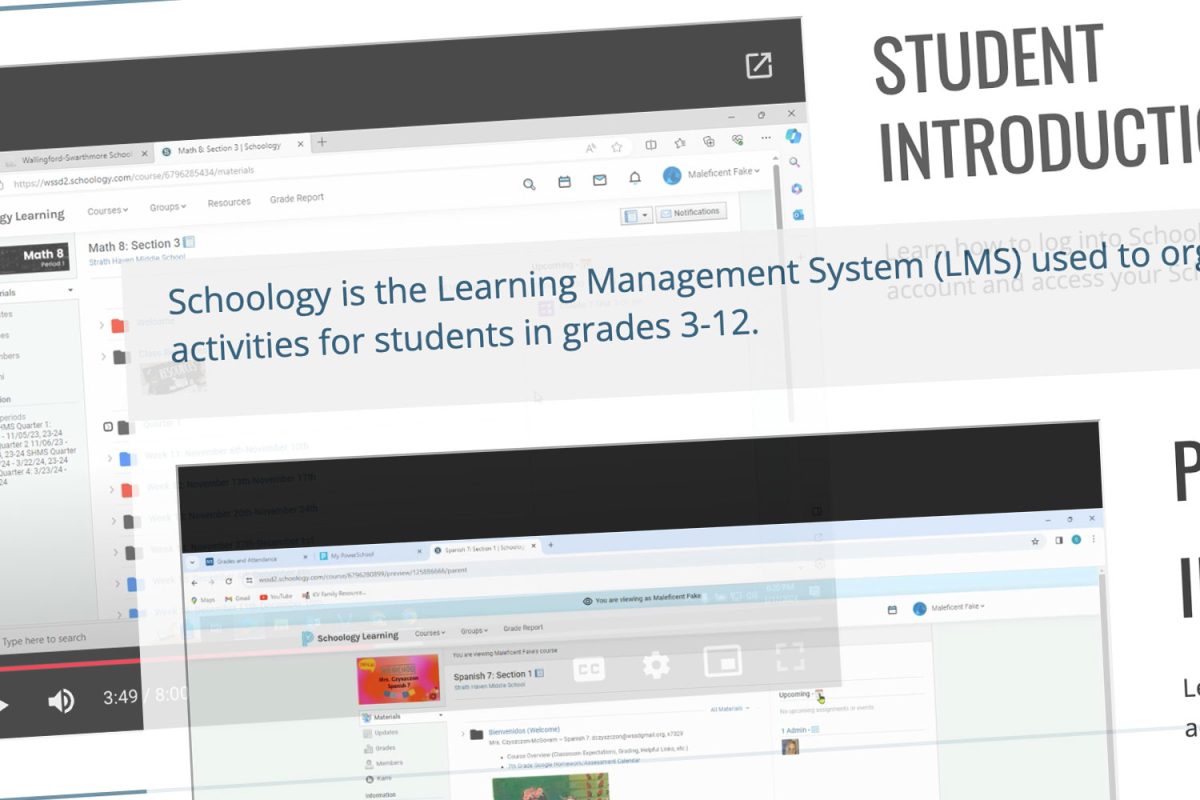Freshmen and Chromebooks? The idea could be the plot of a sci-fi horror film. However, aside from occasional misuse in class, teachers report few if any problems with Chromebooks. In fact, when interviewed about them, both teacher and student responses were overwhelmingly positive. Among the highlights were that Chromebooks allow students to write essays and research topics in class, leading to more individualized studies and technology incorporated into the classroom. However, the largest complaint was about blocked websites, with both students and teachers arguing that they often impede a student’s ability to research effectively. But the ultimate question remains: are Chromebooks worth it? Many students say yes, indicating that Chromebooks are likely here to stay.
The idea of having Chromebooks in class initially seems counterproductive: yes, students will be able to work on online assignments in class more easily, but it doesn’t take long for students to become distracted. However, according to math teacher Mr. Benzing, “Freshman are generally distracted anyway.” It’s difficult to assess if the Chromebooks are making them any less focused. Instead, Mr. Benzing believes that Chromebooks allow students to bring their classwork home. Combined with Google Classroom, he’s excited that now the “course can continue from home.” In fact, many students echo his thoughts. Freshman Adah Kauffman said that because “There’s a lot of people at [her] house, it’s nice to have [her] own laptop” to work with.”
Unfortunately, Chromebooks aren’t always easy to work with. On top of technical difficulties, like troubles logging in and turning the laptop on, Ashrith Kandula told me that often “blocked websites interfere with research” and other schoolwork. Students and teachers alike hope for new, more liberal firewalls that prevent distractions but don’t impede with learning.
Additionally, the inability to download apps leads to problems, because the simplified apps that Google provides, like Google Spreadsheets and Slides, simply don’t make the cut for certain classes. For example, Ms. Shepard feels that using Excel and Microsoft Presentation are skills that every student requires. Unfortunately, Chromebooks hinder the ability to use these programs, potentially leaving students behind their more technologically-adept peers.
Altogether, however, students agree that they would rather have the Chromebooks than be without them. Mr. Benzing seems to reflect the popular opinion when he says that “the benefits outweigh the harms.”
















